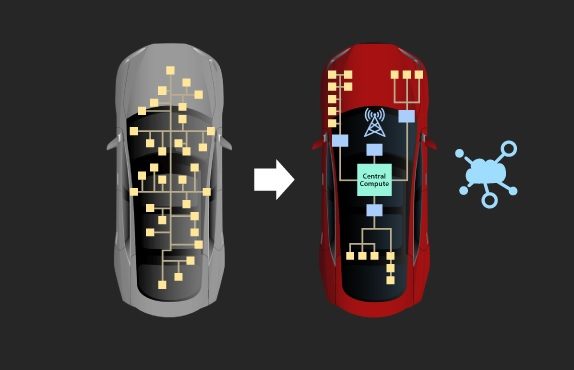New NXP S32G Support from eSOL Enhances eMCOS SDK

eSOL, a global specialist in the development of real-time embedded software solutions, has extended its recently launched eMCOS software development kit (SDK) with the introduction of a new hardware-related board support package (BSP).
Based on eSOL's modern, multikernel real-time operating system (RTOS) platform with POSIX support, the BSP extension simplifies the process of developing automotive vehicle computers, service-oriented gateways (SoGs), domain control applications, high-performance processing and safety and security applications on the S32G-VNP-RDB2 board from NXP Semiconductors, a leader in secure connectivity solutions for embedded applications.
The new BSP ensures that the development of functionally safe and high-performance POSIX systems based on multi/manycore SoCs can begin immediately. The POSIX interface is vital because it means porting an application from Linux to the real-time eMCOS POSIX is a much more straightforward process.
eSOL’s eMCOS SDK was introduced to make it easier to kick-start development projects and incorporate functional safety and mixed criticality when creating new embedded software. The integrated eMCOS SDK NXP S32G BSP already supports such hardware components as Ethernet, memory, transactional filesystem for storage (SD), DMA and UART and eSOL’s engineering team can extend the BSP with additional hardware support on request.
This BSP is one of several BSPs whose scope eSOL will continuously expand for its eMCOS SDK. Other add-ons planned for later this year include source code packages for eMCOS POSIX and eMCOS Hypervisor, as well as ISO 26262 ASIL-D pre-certified licenses and safety materials for functional safety in vehicles.
Masaki Gondo, CTO, senior executive vice president, and head of the software division at eSOL, says: "We created the eMCOS SDK to help customers develop functional safety or mixed criticality software using an all-in-one solution. Now we have created this hardware-related BSP extension to make it easy for our customers to improve performance efficiency on the NXP S32G platform while minimizing their software development costs.”




